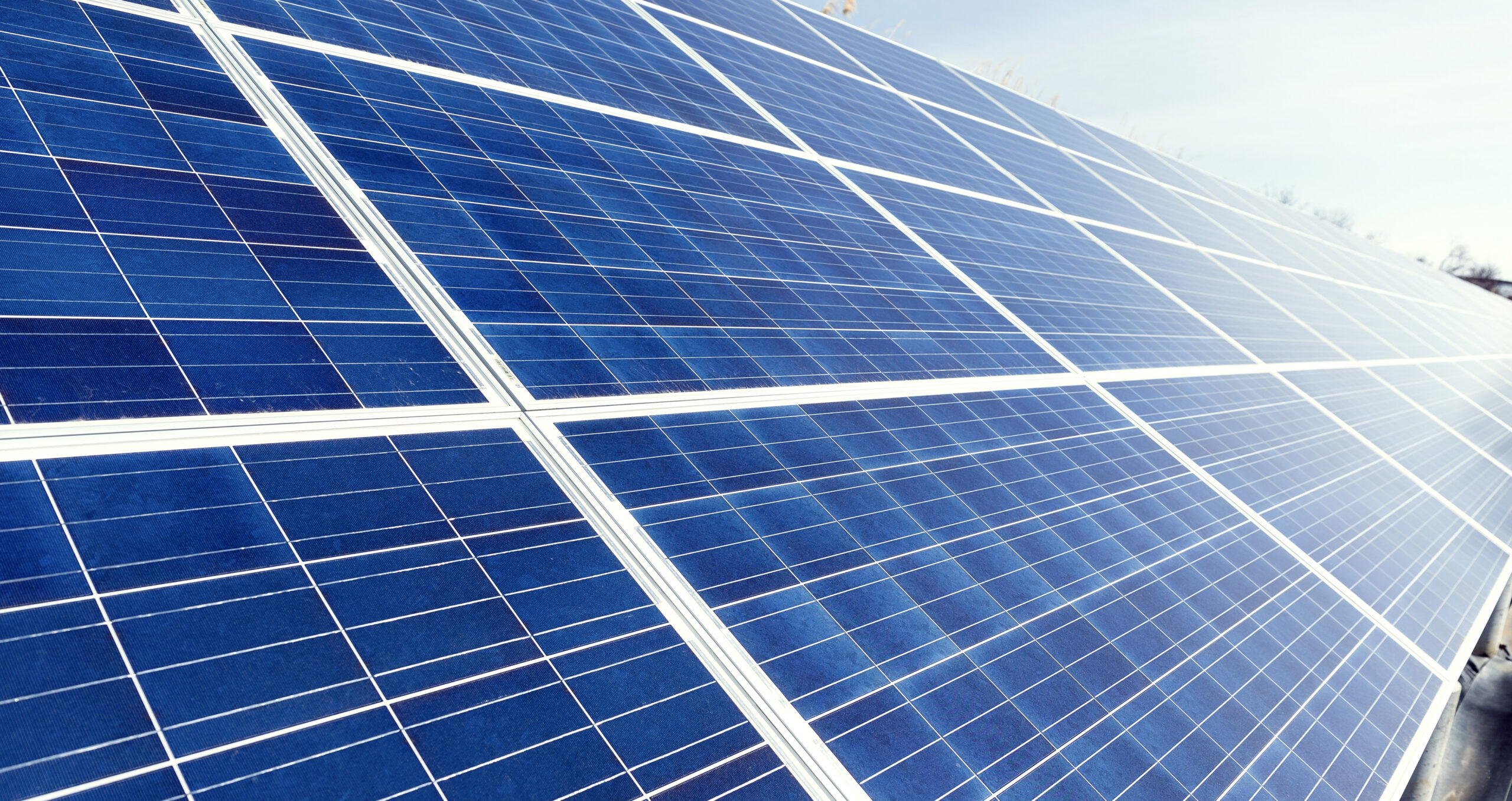
Importing low-carbon chemicals and steel can lower costs of transition

Some countries will struggle to produce renewable energy in sufficient quantities to decarbonise heavy industry
Importing chemicals and steel from countries with cheap renewable energy could yield substantial cost savings for renewables-scarce countries including Japan, South Korea, and EU member states such as Germany, according to academics at the Potsdam Institute for Climate Impact Research.
Using renewable energy in the production of steel and chemicals is seen by the researchers as an essential part of reducing the greenhouse gas emissions of these products. But some countries cannot produce sufficient quantities of renewable energies at competitive prices for this purpose, they recognise.
The PIK academics analysed the supply chains of steel, urea and ethylene and found that importing hydrogen is not cost-effective, particularly when transported by ship. However, relocating the production of materials like chemicals and steel to countries with cheap renewable energy may be the answer, the paper argues.
Importing products instead of renewable energies from these nations could help to slash the EU, South Korea and Japan’s production costs by up to 40 per cent and 20 per cent for green chemicals and steel, respectively, it says. Today, Japan imports 96 per cent of its energy, the paper says, while the EU and South Korea import 55 per cent and 84 per cent of their energy, respectively.
The paper dismisses “deindustrialisation” fears stirred by those that stand to benefit from producing these goods domestically.
“We anticipate a global reconfiguration of trade and production in energy-intensive industry sectors,” says Falko Ueckerdt, senior scientist at PIK and co-author of the study.
You can find the report here.


